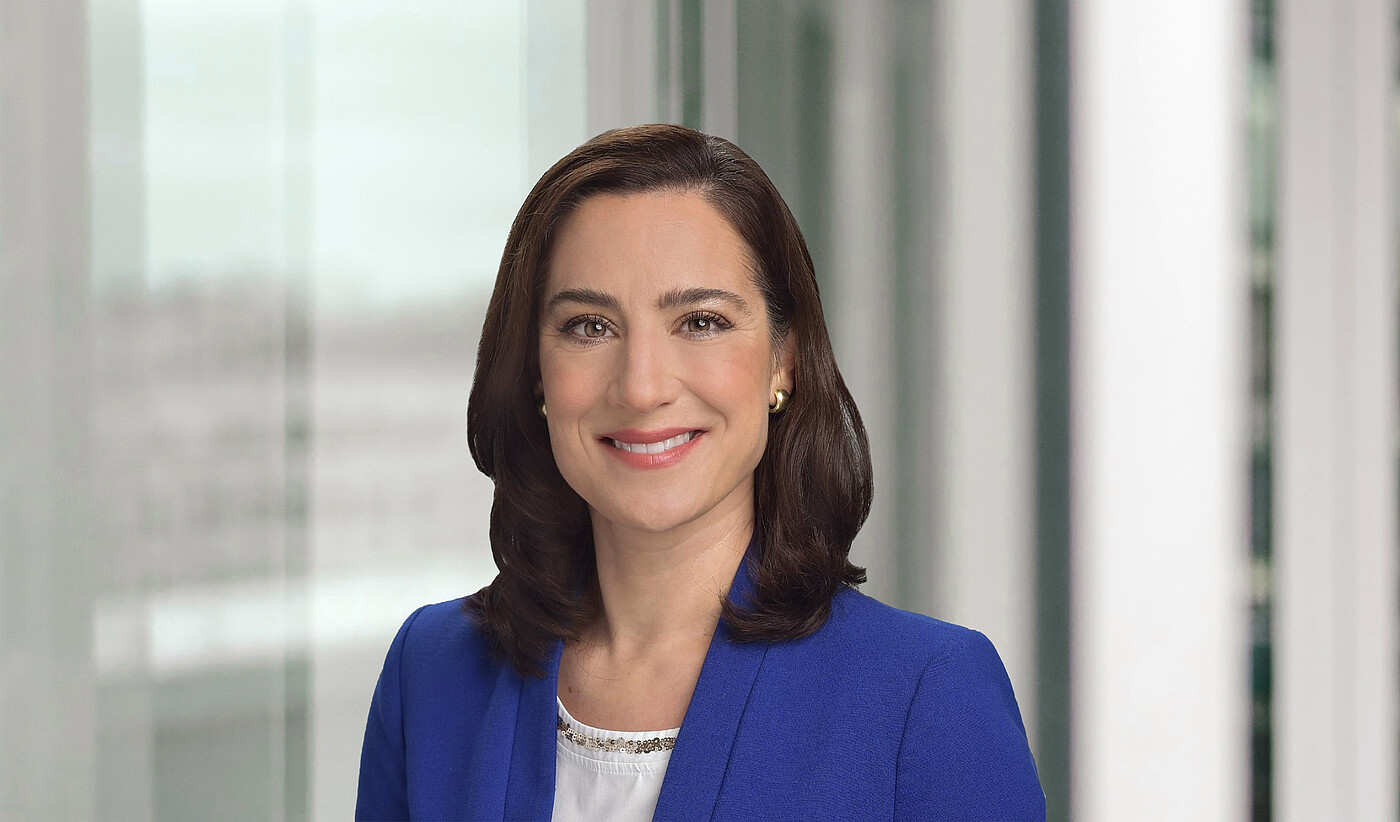RWE is a company that attracts a lot of public attention – and it is in the middle of a transformation process. In her interview with Transformation Quarterly, Janna Schneidewindt explains what that means for Internal Communications.
The energy industry is experiencing the greatest upheaval of any other sector. What role does internal communications play at RWE when it comes to the transformation of the industry and of RWE itself?
It's true that there’s a lot going on in our company – so it’s important for Internal Communications to keep an eye on all these developments, to sort out the issues and set priorities. At RWE, our teams work around the world covering many different areas in power generation, such as wind energy, hydrogen projects and lignite. But we are all united by the same goal, which is achieving climate neutrality by 2040. It is our task in the communications department to ensure that each and every employee is constantly aware of this common goal. One way we do this is by explaining how projects in the company are interrelated and how they all contribute to our shared goals. This strengthens our sense of community – or as we say, our #teamrwe.
You also include a large share of external news for employees as part of your internal communications – which is not exactly typical for an IC department. Why is that so important for you at RWE?
More than any other industry, the energy sector is often viewed with criticism and disapproval by some members of the public. We all still remember the heated discussions and demonstrations associated with Hambach Forest. Obviously, our employees are also affected by such issues, both on and off the job. We believe that it is important not to leave them alone to deal with this situation. After all, we are talking about complex issues that are not just black and white. That’s why we put the news into context, explain RWE’s position on each issue, and point out the conflicting goals and controversial aspects of the energy transition.
In the last offsite, you and your team discussed the HWZ study, which showed that corporate channels such as the intranet were regarded as far less relevant than direct information from managers or co-workers. What conclusions has RWE drawn from this study?
The intranet is still highly relevant for us when it comes to providing information, for example, as we have just mentioned, regarding the inclusion of external news. All the same, we know that there are channels and formats that are better suited for communicating more in-depth knowledge about specific issues. That is why we have been asking ourselves at IC how we can motivate employees to examine our content more actively. How can we empower managers to mobilise their team for a cause? In the process, we also have to keep developing our existing channels such as the intranet to create more of a “digital workplace” – a place where informal exchange takes place, where employees have the opportunity to create their own content and engage in dialogue with others.
Let me finish with a more fundamental question. At the OMR, Luisa Neubauer just asked all the communications experts who work for companies that are still involved in fossil energy to resign. What message do you give to your team as to why they should stay on board?
My team – and I myself – are obviously driven by the question of how we can tackle the climate crisis and succeed in the energy transition. At the end of the day, though, the energy transition still needs to be implemented by someone in a very practical way. That is why we have decided to promote the decarbonisation of energy generation within the company. In my opinion, using communications expertise to help the transformation of our sector succeed is more constructive than turning our backs on it.
Janna Schneidewindt is Head of Internal Communications at RWE. She began her career at Henkel, where she worked in the Corporate Communications department, before moving to Evonik. Her responsibilities there included managing Evonik’s interregional communications in Southeast Asia from Singapore, running the communications activities for a business unit, and her previous role as Head of Regional and Site Communications for the specialty chemicals manufacturer.
Photo: Janna Schneidewindt

 LinkedIn
LinkedIn
 Twitter / X
Twitter / X
